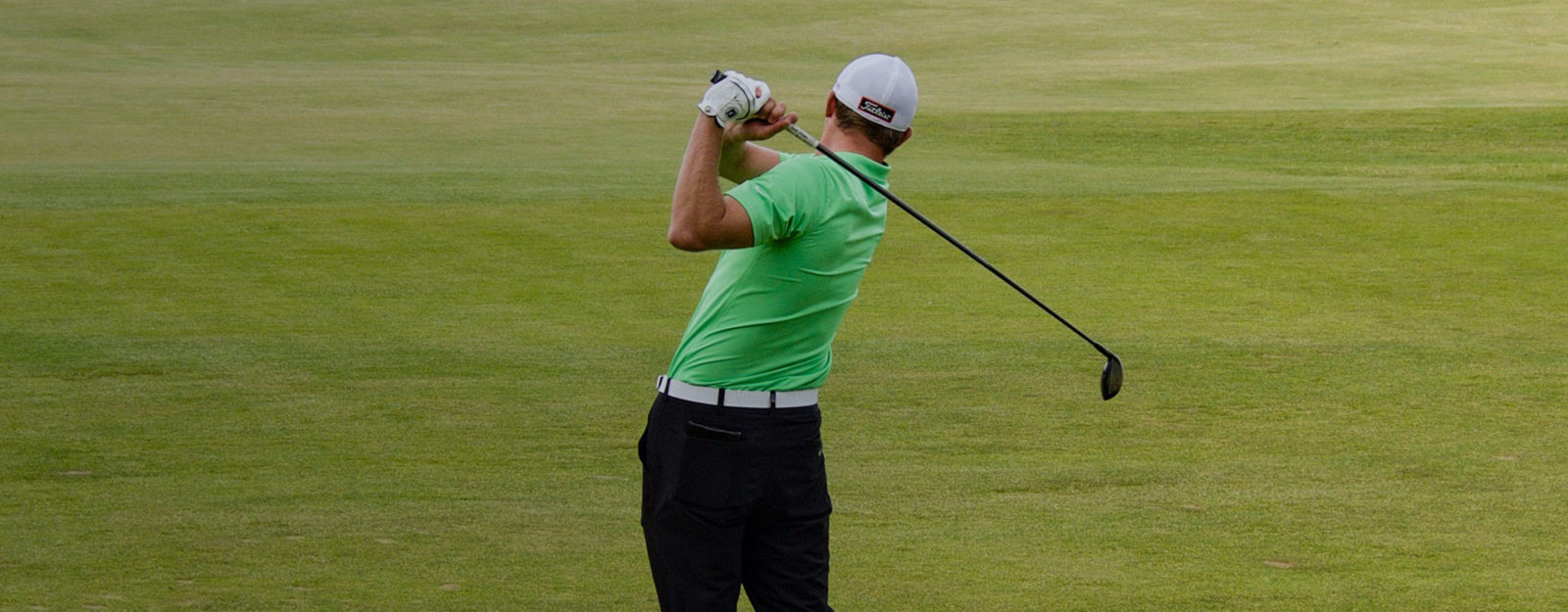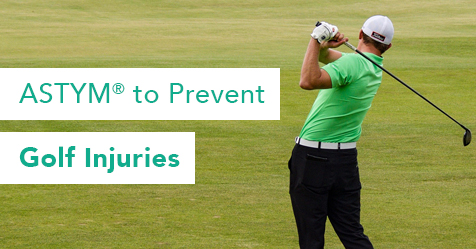
 By Nicole Mallory, PT, DPT, MS, ATC, CSCS, Sports Resident, Birmingham Grandview Center
By Nicole Mallory, PT, DPT, MS, ATC, CSCS, Sports Resident, Birmingham Grandview Center
Golf is one of America’s most popular sports, played year-round by millions of people. But its repetitive nature lends itself to the risk of overuse injuries, most commonly involving the back, shoulders and elbows.
Overuse injuries often are associated with soft tissues such as muscle, tendon and ligament. These injuries can take anywhere from a few days to greater than three months to heal1, sometimes preventing avid golfers from participating in the sport they love.
Injury-prevention recommendations range from staying fit and maintaining flexibility to playing often instead of intermittently and practicing with a golf professional.2
Another option might be ASTYM,® which stands for Augmented Soft Tissue Mobilization and is a specific type of therapy to treat soft-tissue injuries.3,4 It utilizes tools to assist physical therapists in the treatment of soft tissue dysfunctions and overuse injuries such as tendinitis or tendinosis, scar tissue pathology, and other soft-tissue degeneration.5
Soft tissue, such as skin, fascia, and tendons, are meant to move and glide with the movements of the body. With soft-tissue injuries, scar tissue formation or tendon degeneration can impede the body’s normal movement patterns and cause pain.
ASTYM® treatments can help to restore normal movement patterns and decrease pain, returning golfers to their game. ASTYM® focuses on the rebuilding of injured or damaged cells and helps to restore the normal function of soft tissue by stimulating the regeneration of healthy tissue without damaging surrounding healthy cells.3
ASTYM® treatment is very well researched and shown to be safe and effective.4 It has a standardized approach to the application techniques and tools used and may only be performed by clinicians that are certified in ASTYM® technique.
A sports screen is used to detect risk for overuse injuries by evaluating a golfer’s movement patterns. Identifying areas of tight tissue, such as in the back, hips or shoulders, could improve rotation through a swing or prevent an area of tightness from becoming an overuse injury (as in the case of elbow tendinitis).
Based on the results of the screen, a clinician should be able to make recommendations for treatment, including the use of ASTYM® therapy if soft tissue limitations are identified as a risk factor for future injury.